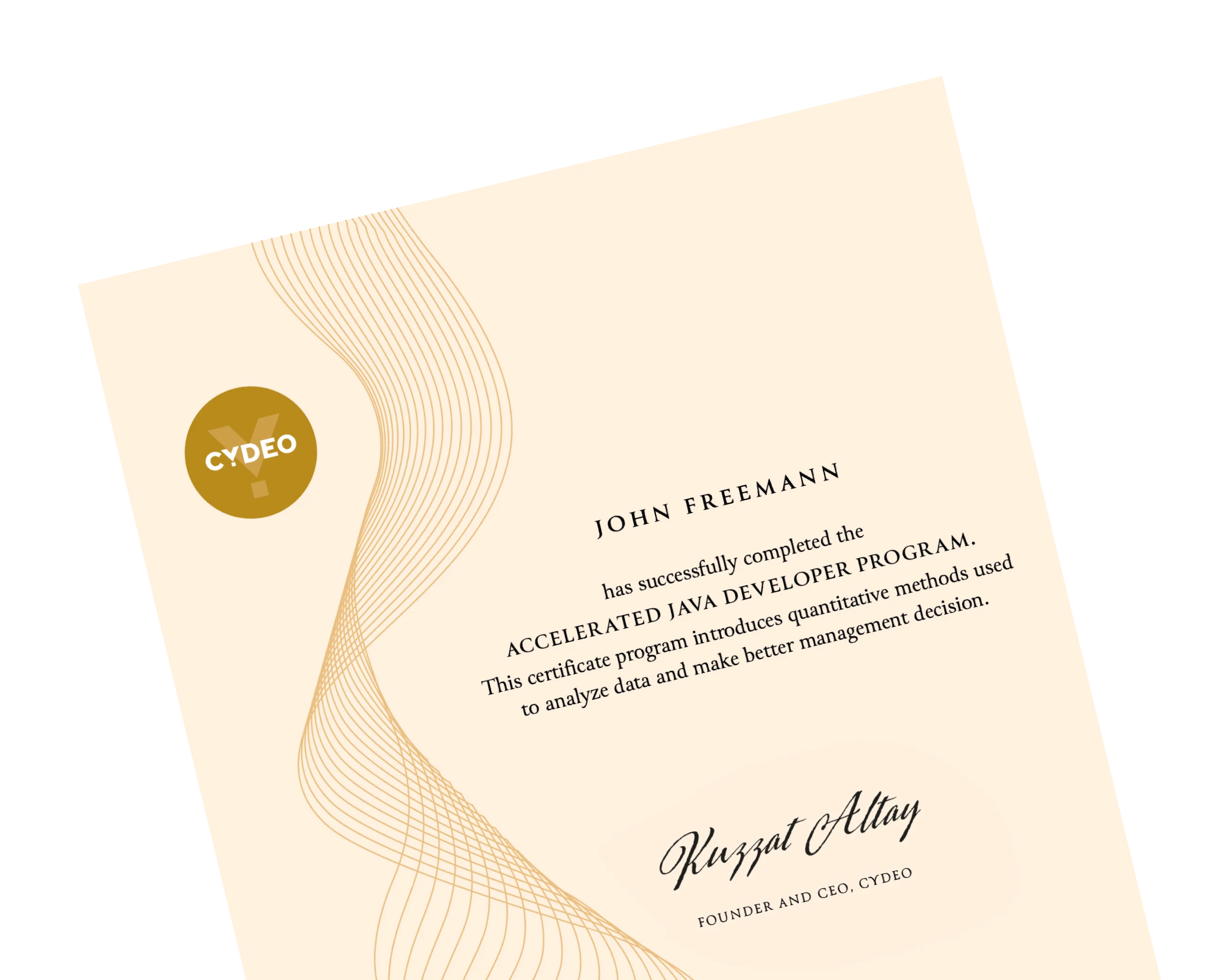Java Programming Language (Recap): Refresh your understanding of key concepts like variables, loops, string manipulation, custom methods, arrays, classes, and objects. You’ll also revisit advanced topics such as OOP, Streams, Functional Programming, Lambda Expressions, Generics, and Enums.
Spring Framework: Learn Spring Boot, Spring MVC, Spring Data, Spring Security, and Spring REST to build robust and scalable applications.
Microservices: Learn how to design and deploy microservices architectures that can handle high availability and scalability.
Deployment: Learn how to work with CI/CD pipelines, containerization, and how to deploy applications to the cloud.
SQL (Recap): Refresh your SQL skills to manage and retrieve data from relational databases effectively, a crucial part of any Java application.
HTML (Recap): Refresh your HTML skills to effectively structure web content. This will help you create well-organized, semantically correct web pages that are easy to maintain and understand.
Version Control (Recap): Refresh your Git & GitHub skills, including branch management and team collaboration, to keep your code organized and your development process smooth.































